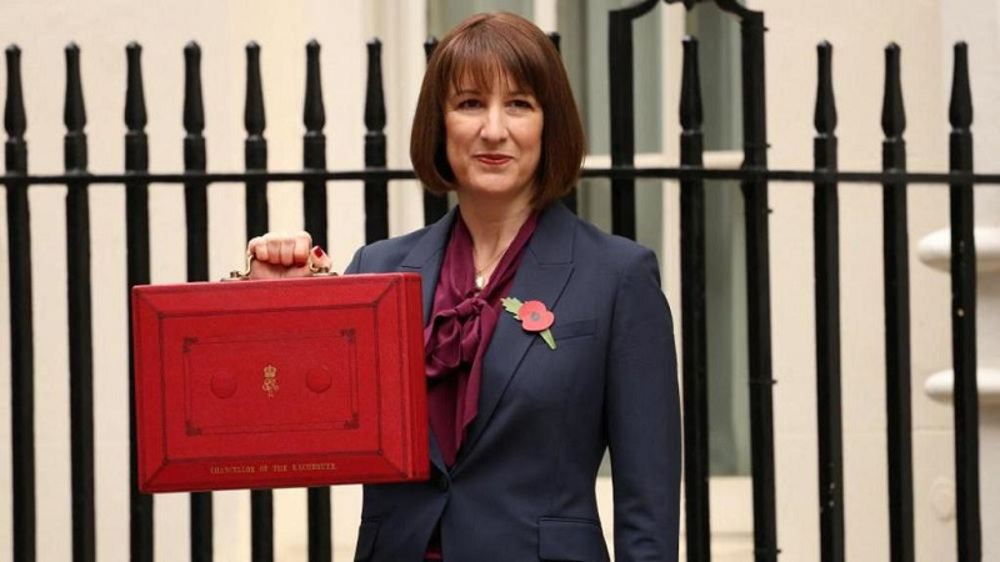UK may lose 75,000 jobs in case of ‘hard Brexit: Study’
The UK’s financial services sector could lose up to 75,000 jobs and billions of dollars in tax revenues in case of a "hard Brexit" from the European Union (EU), a new study shows.
The study commissioned by lobby group TheCityUK outlined different scenarios for the potential consequences of losing access to the single market, one of the main concerns surrounding Brexit.
Under the so-called hard Brexit formula, the UK may lose its preferential access to the EU's single market and suffer from soured relations with other EU members.
Britain and the EU are at odds over a string of issues, particularly the UK’s inclination to remain a member of the European single market after leaving the bloc, a decision that was taken by nearly 52 percent of British voters in June.
The report, which was released Tuesday, paints a “lowest access scenario,” where the UK’s relationship with the EU is largely determined by World Trade Organization regulations.
In such a scenario, the financial services sector in the UK may lose some 35,000 jobs and approximately £3 billion to £5 billion in tax revenue.
The figures would double because of the interconnected nature of the British financial sector, which has grown over the years to include other a large variety of financial and related professional services firms, the report noted.
Up to 50 percent of EU-related activity—roughly £20 billion in revenue— would also be at risk, according to the report.
In a less drastic scenario, where the UK retains the “highest access” to the single market, the tax revenue losses will drop to £500 million a year, while up to 4,000 jobs will be at stake.
While the researchers acknowledged it was almost impossible to predict the exact outcome of Brexit, they were certain that the end result would fall somewhere between the two scenarios.
British Prime Minister Theresa May said Saturday that the formal process of leaving the EU will begin by March 2017 and would take two years to complete.
This is the only way that the UK can keep its access, which is contingent on countries agreeing to let European Union citizens live and work anywhere in Europe.
However, it is not likely that the so-called Leave campaigners would agree to trade tighter immigration control, as their main demand, with access to the single market.
US vetoing of Gaza ceasefire resolution ‘disgraceful’: Iran’s UN envoy
VIDEO | IAEA adopts anti-Iran resolution tabled by E3
VIDEO | Iran's president urges Pope to help end Israel's onslaught in Gaza
Iran's senior legal official: ICC arrest warrant for Netanyahu ‘great victory'
Nov. 21: ‘Axis of Resistance’ operations against Israeli occupation
VIDEO | Israeli forces storm West Bank’s Jenin again, target civilians
Iran activates advanced centrifuges after IAEA's 'unjust' resolution
VIDEO | Press TV's news headlines










 This makes it easy to access the Press TV website
This makes it easy to access the Press TV website